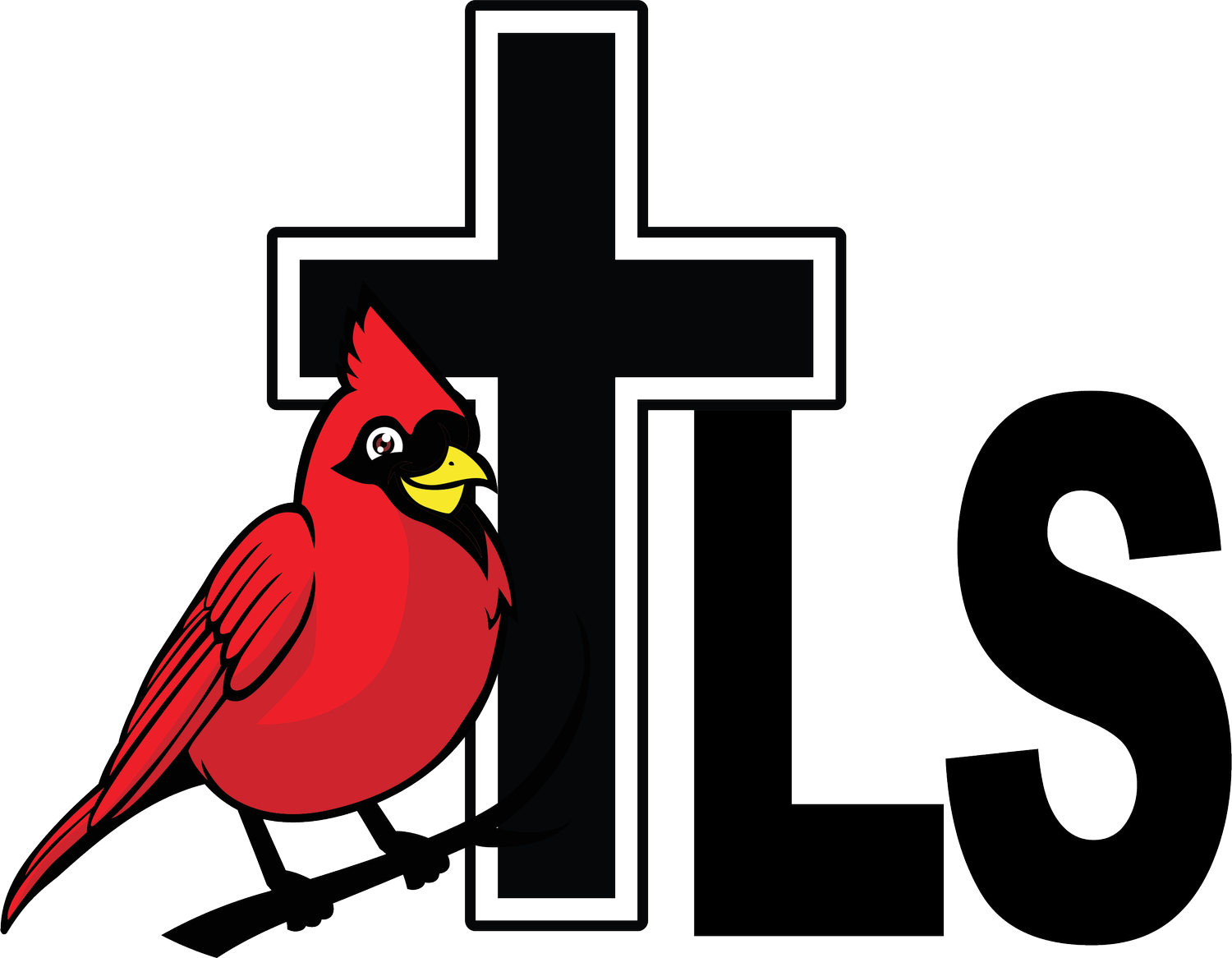
ACADEMIC OVERVIEW
KINDERGARTEN
WELCOME TO KINDERGARTEN!
The kindergarten curriculum is not divided into discrete subjects with time allotted for each. Young children can learn reading as they discover information about math or science; they can learn writing when they work on social studies or art projects. The use of themes is helpful in providing an integral curriculum appropriate for young children.
Below, you can find an excerpt of the academics that your child will experience in Kindergarten at TLS.
Mrs. Jill Wulf
-
Jill Wulf, the daughter of a pastor, grew up in South Carolina, Florida, Alaska, Washington, Ohio, and Pennsylvania. She received her undergraduate degree from Lancaster Bible College and continued her education at Alvernia University receiving her elementary and special education teaching certifications. She has taught at public and Lutheran schools for 15 years. She is married and has two children, who both attended Trinity Lutheran School.
-
Train up a child in the way he should go; even when he is old he will not depart from it. Proverbs 22:6
-
I love that we can talk about Jesus at any time during the day!
RELIGION
The kindergarten religion program is based on Concordia Publishing House One in Christ curriculum and centers around three major themes: 1) God and Me; 2) God, Me, and Others, and 3) God, Me, and My World. Students worship God by praying and singing. Through Old and New Testament Bible stories, the children hear about God’s promises for His people in the past and about His willingness to act on behalf of His people today. Kindergarteners also learn weekly Bible verses that pertain to each week’s lesson and learn the 10 Commandments.
READING & LANGUAGE ARTS
Preschoolers are taught to develop positive self-images, sharing, taking turns, and helping others. They are also taught to practice positive conflict resolution and forgiveness. Students learn to follow routines and work and play independently. Preschool may be the child's first experience being separated from parents.
PHONICS, SPELLING, & HANDWRITING
The Saxon Phonics and Spelling program enables most students to develop a solid foundation in phonics that will lead them to become successful readers and spellers. It builds on prior learning. New learning is presented in small steps that are reviewed daily. Kindergarteners become familiar with capital and lowercase letters, their sounds, and how they are written. Given the opportunity to read, many of the students will finish the school year reading on a basic level.
MATH
Bridges in Mathematics is used from kindergarten through the fifth grade. In kindergarten, math concepts are taught through calendar and small group activities. The children participate in hands-on activities that involve number concepts, counting skills, patterning, sorting, numeral recognition, estimating, graphing, measuring, and spatial concepts.
SCIENCE
Children in kindergarten learn scientific concepts through real experiences. Our program promotes the development of the processes that are integral to science: observing, communicating, classifying, measuring, comparing, and predicting. Themes in life, earth, and physical science are covered.

